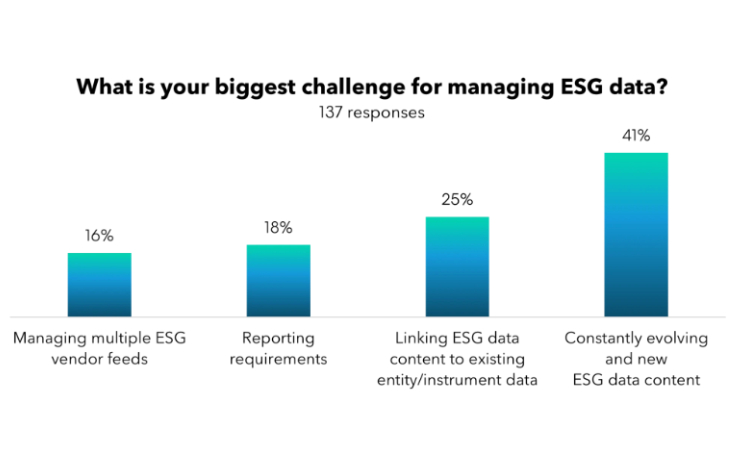It has been reported most companies in the S&P 500 meet the regulatory reporting requirements for Environmental, Social & Governance (ESG) Reporting each year. However, despite the investor community and comparable ETF’s indicting positive results towards effective ESG implementation (within corporate decision making), most companies view ESG as a compliance piece.
The Investor Research Responsibility Institute (IRRCi), commissioned the State of Sustainability and Integrated Report 2018, the following highlights were mentioned by the IRRCi:
-
78 percent of S&P 500 companies issued a sustainability report;
-
40 percent of S&P 500 companies included voluntary sustainability discussions in annual financial reports or other regulatory findings;
-
From the companies that issued sustainability reports, 95 percent provided quantified, annually comparable environmental performance metrics, with two thirds of these reports offering quantified and time-bound environmental goals. 86 percent of these reports provided social performance metrics, however only 40 percent set quantified social goals; and
-
Only 14 of the 500 companies issued what The Sustainable Investments Institute (Si2) considers to be fully integrated reports, though this is a 100 percent increase from five years ago.
“It’s significant progress that sustainability reporting is mainstream and that the majority of companies provide more relevant and quantified information,” said Jon Lukomnik, IIRCi executive director. “But investors still aren’t provided with a complete view of a company’s material environmental and social information, which would help investors make informed decisions.”[1]
Investors should note that the MSCI Emerging Markets Leaders index, which gives exposure to 417 companies that score high on ESG, has been outdoing the leading MSCI Emerging Markets benchmark since the 2008-09 financial crisis, as noted by Financial Times.[2]
“The positive association between ESG performance and market valuation is stronger for firms with more positive public sentiment momentum,” writes Harvard Business School Professor of Business Administration George Serafeim, the report’s author. “An increase in a firm’s ESG performance has nearly two to three times the effect on a firm’s market valuation for a firm with positive relative to a firm with negative public sentiment momentum.”[3]
There is a strong knowledge, understanding and respect for the power of ESG indicators and integration within corporate framework by corporations which are publicly listed and leaders within their industry. The reason for this, stems from an understanding of the correlation between ESG reporting and corporate transparency, and its effect on major stakeholder’s position within the company.
The next step is to educate companies which fall outside of the fortune 500 of the financial benefits of looking at ESG as a better way to practice business, rather than an unneeded or unwanted accounting cost.
Written by ESG Impact (www.esgi.com) and noted sources.
[1] https://irrcinstitute.org/news/sp-500-firms-expand-sustainability-data-in-financial-filings-but-slow-to-adopt-fully-integrated-reporting/
[2] https://sg.finance.yahoo.com/news/5-esg-etfs-outperforming-broader-202508096.html
[3] https://corpgov.law.harvard.edu/2018/10/30/public-sentiment-and-the-price-of-corporate-sustainability/
Contact us to discuss how your organisation can reduce ESG risks, create an effective ESG strategy, reduce their carbon footprint and better manage ESG risk in your supply chain.









